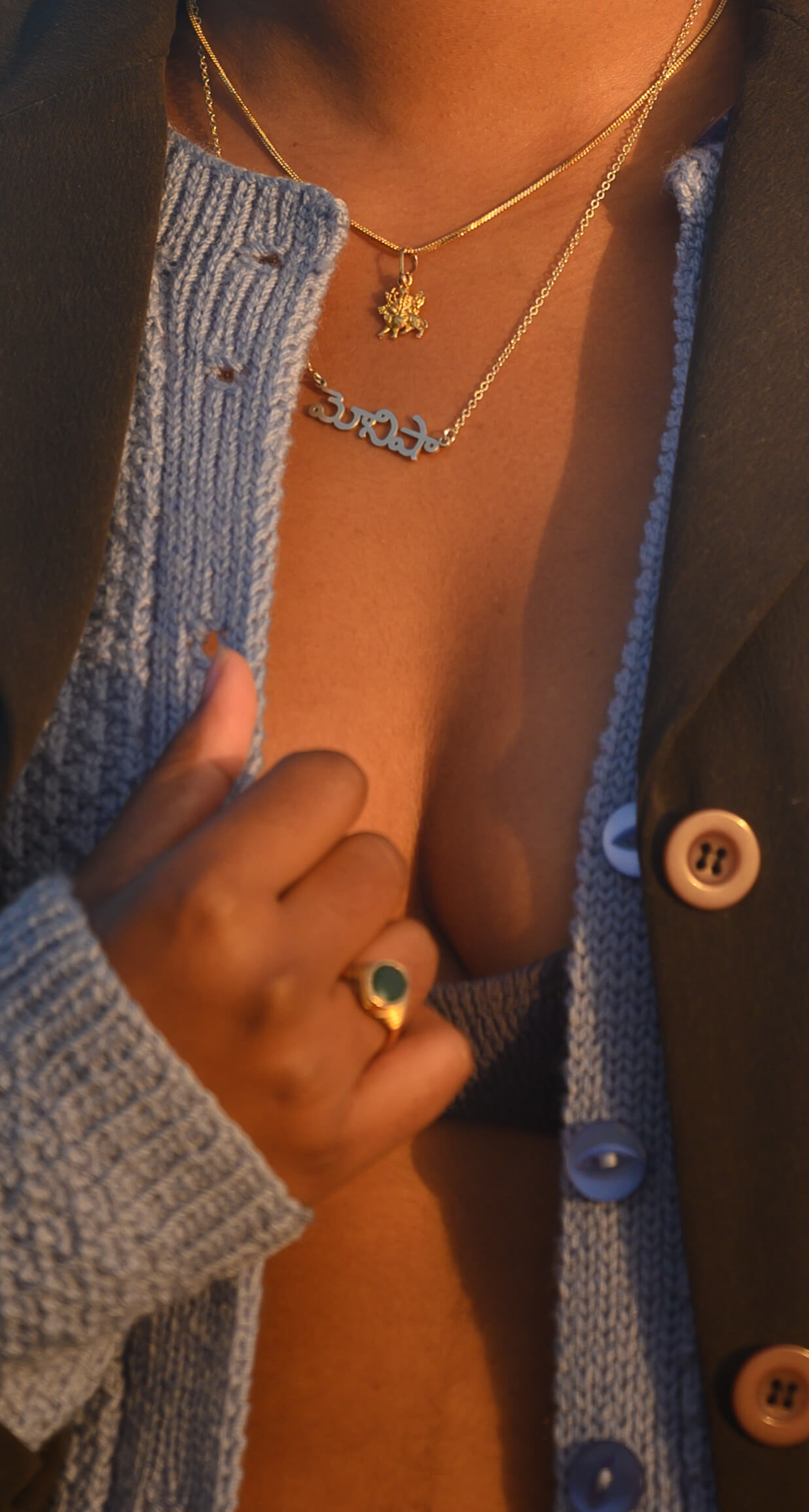
Monisha at Clovelly Beach, which has been a healing space.
Dorcas: So, [your ideal is] like, a two person unit, and that's quite exclusive. What is it about that? Is it something [where] you feel like, ‘This is how I am and some people are like this’, or do you think [there’s] any part of your culture or maybe upbringing or education, experiences that inform this desire?
Monisha: So yeah, for me, I would say it is the type of person that I am. But it's also something that has been definitely very much influenced by my cultural background. Yeah, in Indian culture, arranged marriages are still very common and intense. Monogamy is something that I grew up with and it would have been easier, you know, growing up in Sydney or in the Western world to not have these beliefs and it's something I've like struggled with a lot. But you know, [monogamy] makes life a lot easier and a lot less emotionally draining, and you face a lot less resistance. But I think I've had a lot of people try and beat that out of me and it is not budging. So I think that is like, a very inherent part of who I am. Yeah, like in Indian culture, sex is seen as like a really sacred thing. It's a sacred exchange of energy. And it's a sacred bond that should be nurtured and protected. So that is very much how I feel it, like [how] I feel about it. And I get that other people are different, but that's how I feel about it. And I think also just me as a person. I'm a very just, like, all-or-nothing person. And yeah, being intentional, like, I don't just think I can have sex with someone just because ‘why not’. Like, I'm having sex with someone and having that intense level of vulnerability — what I believe is the most, like, physically vulnerable, and spiritually vulnerable way that you can be with someone.

Her innermost necklace is of the Hindu goddess Durga, the most powerful feminine energy in the universe.
